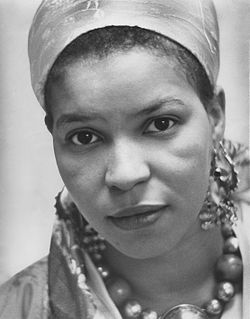A Quote by Paul Auster
There are often references to childhood, but they're rarely the focus of the [my] novels.
Related Quotes
If the goal is to dramatically improve college completion rates, not college-going rates by itself but college completion, it's not just a college problem. We need a big focus on early childhood education. Our early childhood education system is pretty good in this country. Not enough students have opportunity. And, very discouragingly, they lose their advantage because they go to poor schools after that. So, let's focus on our babies.
Strangely enough, for many many years I didn't talk about my childhood and then when I did I got a ton of mail - literally within a year I got a couple of thousand letters from people who'd had a worse childhood, a similar childhood, a less-bad childhood, and the question that was most often posed to me in those letters was: how did you get past the trauma of being raised by a violent alcoholic?
Turning 40 is often a big symbolic point in one's life. In the 20s we feel we can do anything, but as the 30s progress we become more mature emotionally, and in terms of work tend to focus. These two things combined: emotional maturity and career focus, often produced an explosion of self-purpose in our 40s.



































